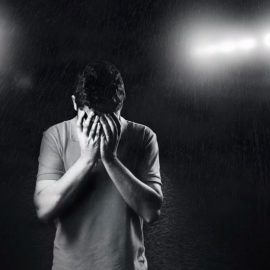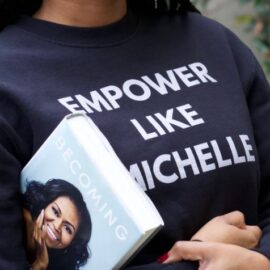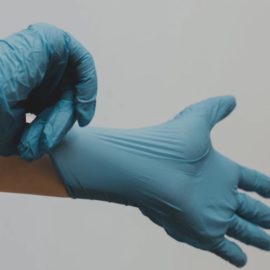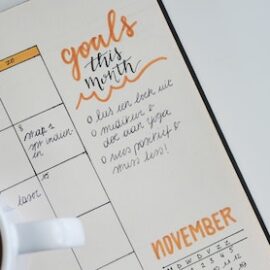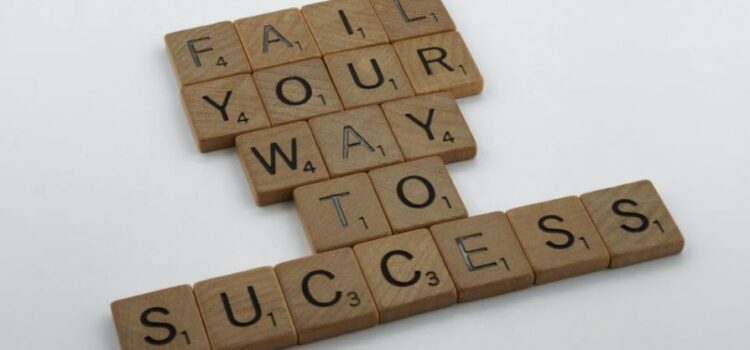
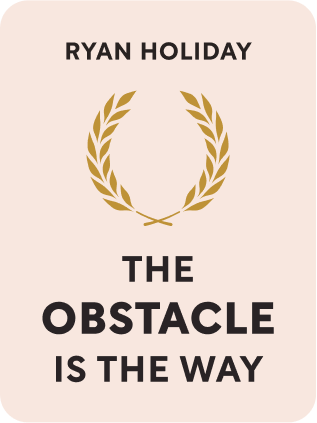
This article is an excerpt from the Shortform book guide to "The Obstacle Is The Way" by Ryan Holiday. Shortform has the world's best summaries and analyses of books you should be reading.
Like this article? Sign up for a free trial here .
How do you deal with failure? How can embracing failure help you on the way to success?
Most of us will do anything we can to avoid failure—it’s embarrassing and painful. However, to achieve success, you’ll need to fail a few times. Every failure teaches you how not to do something and forces you to come up with ideas you wouldn’t have normally thought of.
Here is why you must fail to succeed.
Learn Something From Every Failure
If you act aggressively and persistently, you’ll inevitably fail often. However, failure is a good thing—if you learn from it. Trial and error is the most effective way to learn anything.
We’ve all heard stories of people learning valuable lessons from failure. We know that it’s a necessary part of the path to success. Yet most of us will go to great lengths to avoid failure to the point of not trying at all. Arguing against this attitude, Holiday points out that you must first fail to succeed because trial and error hurt much less than a life in which you’ve stopped learning. Prideful people who refuse to learn from their mistakes doom themselves to repeat the same misguided actions indefinitely.
It’s in your best interest to fail as soon as possible, to catch obvious mistakes before investing hundreds of hours into something destined to fail. Thus, Holiday recommends you take small, frequent risks when working toward your goals. The sooner you can expose your work to external feedback (and potential failure), the better. With every failure, investigate what went wrong and why. Then change something and try again, repeating this cycle as often as you can.
| How Thinking in Bets Helps You Learn In Thinking in Bets, professional poker player Annie Duke dispenses advice on strategic decision-making in uncertain circumstances. Like Holiday, Duke views trial and error as the most valuable learning tool available to us, and she offers specific tips on how to get the most value out of our mistakes. Duke’s thesis is that we should view every belief we hold and decision we make as a bet—a gamble based on the idea that something might be true. Thinking in bets is helpful for two reasons: First, it forces us to acknowledge that there is always a chance we could be wrong. Instead of seeing our beliefs as either true or false, we place them on a spectrum between true and false, making us more likely to adjust them after negative outcomes. Second, thinking in bets helps us recognize that every decision we make requires risk and potential sacrifice. Just as we lose money on a failed bet, every misguided decision we make leads us to a worse future than we could have had. For both of these reasons, imagining our beliefs and decisions as bets helps us avoid repeating the same mistakes—which, as Holiday points out, is far more painful than learning from trial and error. Additionally, thinking in bets naturally encourages us to take small risks for frequent external feedback, as Holiday advises, since it prompts us to consider the possibility that long-term unquestioned beliefs may lead to a massive loss. For example, imagine you’re managing a PR team in charge of your company’s rebranding. If you have faith in your team, you may be tempted to invest hundreds of hours in a full redesign that will sweep your boss off their feet. If you were to think in bets, however, you would recognize that this is a costly gamble with a non-zero chance your boss won’t like it. A smaller, safer bet would be to run several design mockups by your boss, seeking feedback before investing too much time and money in the project. |

———End of Preview———
Like what you just read? Read the rest of the world's best book summary and analysis of Ryan Holiday's "The Obstacle Is The Way" at Shortform .
Here's what you'll find in our full The Obstacle Is The Way summary :
- Why you should think of any obstacles as opportunities
- How Stoicism can show you the way to overcome challenges
- How Theodore Roosevelt's struggle with asthma prepared him for future struggles

